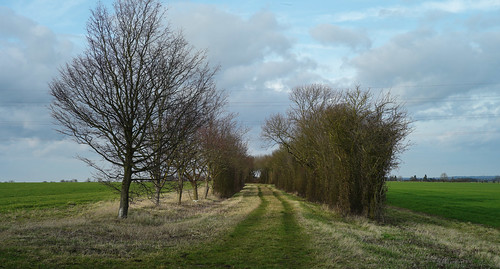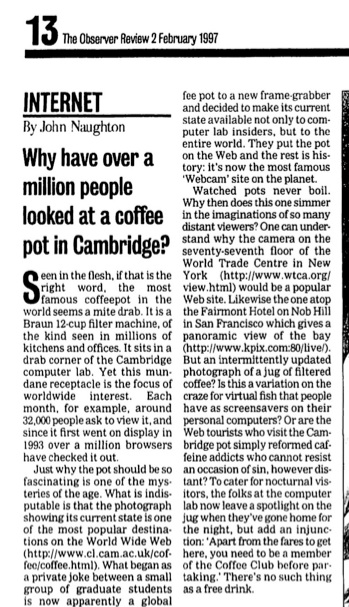Another one from the “you couldn’t make it up” school of film-making. At first I thought it was a spoof. But it’s not — it’s a “public affairs” (aka propaganda) film for the EU.
Anya Topolski has a lovely analysis of it on openDemocracy.org.
Europe is symbolized as a white woman walking and wading through puddles of water in a warehouse. For those that know their Greek mythology, this cannot simply be a coincidence. Europa, the virgin daughter of an Asian king, was frolicking in the ocean when whisked away by the Greek God Zeus, disguised as a white bull, who then raped and abandoned her. The night before she was assaulted, Europa dreamt of being attacked by the continents of Asia and Libya (the Greek name for what is now Africa) and finally being rescued by ‘civilization’. Just as in the myth, Europe – in the EU video – is attacked by three ‘barbaric’ men. First comes the attack from the East, an aggressive Asian looking kung-fu fighter. Next Europe is attacked from the Orient by a sultan with a massive blade that cannot but convey images of the Crusades and the fight against the infidels. Last but not least comes that half-naked African. Enough said. Europe, reminding the world of its superiority and its ability to put violence in the past in the name of Reason simply stares condescendingly at the barbarians. She multiplies herself – as a good woman ‘created’ to reproduce it implies ought to do – and encircles her enemies who relinquish their weapons. Each of the ‘identical’ women then becomes a star on the European flag and the three barbarians , that is the world in all its diversity, are erased – they vanish.
Aw, shucks: it’s good to know that the EU is still willing to shoulder the white man’s burden.
It’s rumoured that the video has been withdrawn by the Commission, so catch it while you can.




